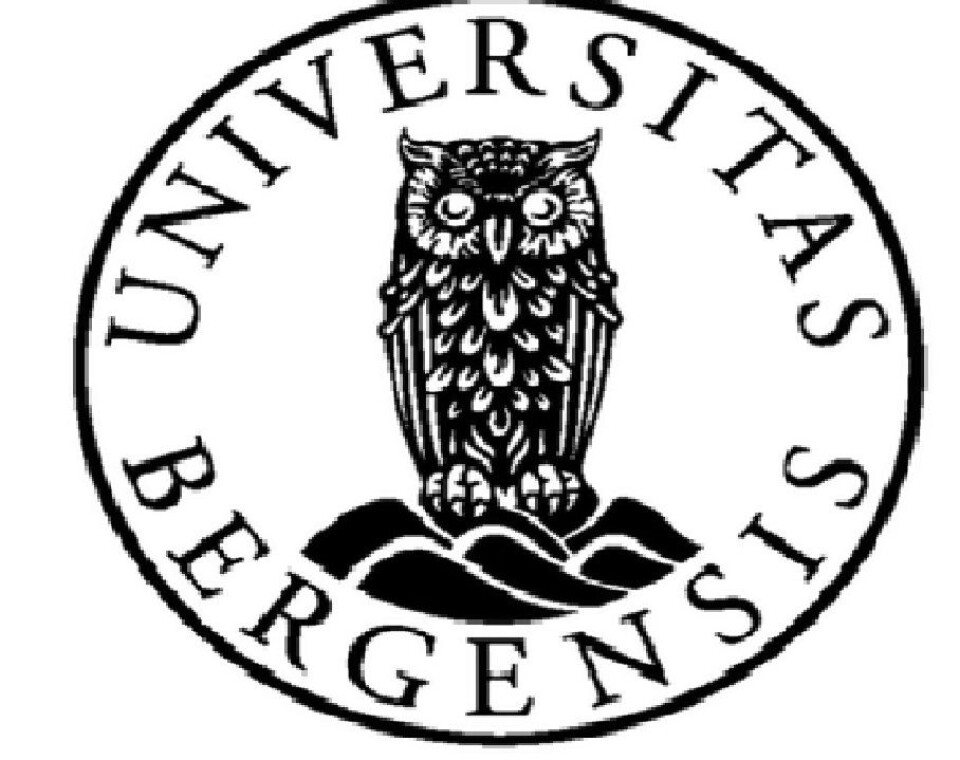THIS CONTENT IS BROUGHT TO YOU BY the University of Bergen - read more

Working from home may have negative effects on your career
A new study provides the first empirical evidence that 'implicit competition' in the workplace has an impact on job promotions and salary increases.
When employers assess whether employees should receive higher pay or promotions, they also evaluate them based on factors such as physical presence at the workplace and the extent of leave, even though these factors are not part of the employment contract.
“We believe we can prove that such phenomena are a result of 'implicit competition' in the workplace,” Julian Johnsen tells Norwegian newspaper Aftenposten.
He is an assistant professor at Department of Economics at the University of Bergen (UiB).
The study will soon be published in the prestigious Review of Economic Studies.
Influences career prospects
Julian Johnsen and Professor Hyejin Ku from University College London and Professor Kjell G. Salvanes from the Norwegian School of Economics have studied the wage development of Norwegian men.
The researchers were already aware that employers rank their employees in various ways, and this has consequences for promotions and wage development.
Lawyers, for example, are ranked based on the number of hours they bill, and journalists may be ranked based on the quantity and quality of articles they produce.

These researchers were interested in finding out if factors other than ‘explicit competition’ also influenced wage and job advancement.
This study provides the first empirical evidence of this - that ‘implicit competition’ also plays a significant role.
When employers assess wage and job advancement, employees are also ranked based on factors such as presence and leaves.
The introduction of paternity leave in 1993
To prove the existence of this mechanism in the workplace, Johnsen and his colleagues have studied the introduction of four weeks of paternity leave in Norway in 1993.
Similar to previous research, they find that fathers who take paternity leave have a worse wage development than they would have had if they hadn't taken paternity leave.
What is new in this study is that the researchers demonstrate that this wage effect is not due to these fathers becoming less productive, but rather the result of implicit competition in the workplace.
The researchers show that if the father's ‘competitors’ (colleagues competing for promotions and salary increases) also took leave at the same time, paternity leave had no effect on their subsequent wage development.
The study reveals that the entire negative effect of paternity leave on wage development is because employers, consciously or unconsciously, rank those who take paternity leave lower than those who do not when it comes to promotions and salary increases.
Home office effect
The findings indicate that people who work extensively from home will experience the same effect - that they are unconsciously ranked lower in competition with their colleagues.
“There are other studies showing that those who work extensively from home are just as productive as those who work from the office, but they are less likely to get promotions," Johnsen says.
The researchers believe that some of it can be explained by this competition effect they have demonstrated.
"One can imagine that unconscious bias might occur, for instance, if a boss walks around the office with an important task that needs to be done, knocks on doors, and assigns the task to the person that opens the door. When it is time to discuss promotions and salary increases later on, that person is prioritised instead of the others,” Johnsen says.
Reference:
Johnsen et al. Competition and Career Advancement, The Review of Economic Studies, October 2023.

This content is paid for and presented by the University of Bergen
This content is created by the University of Bergen's communication staff, who use this platform to communicate science and share results from research with the public. The University of Bergen is one of more than 80 owners of ScienceNorway.no. Read more here.
More content from the University of Bergen:
-
Electricity against depression: This may affect who benefits from the treatment
-
Quantum physics may hold the key to detecting cancer early
-
Researcher: Politicians fuel conflicts, but fail to quell them
-
The West influenced the Marshall Islands: "They ended up creating more inequality"
-
Banned gases reveal the age of water
-
Researchers discovered extreme hot springs under the Arctic




































